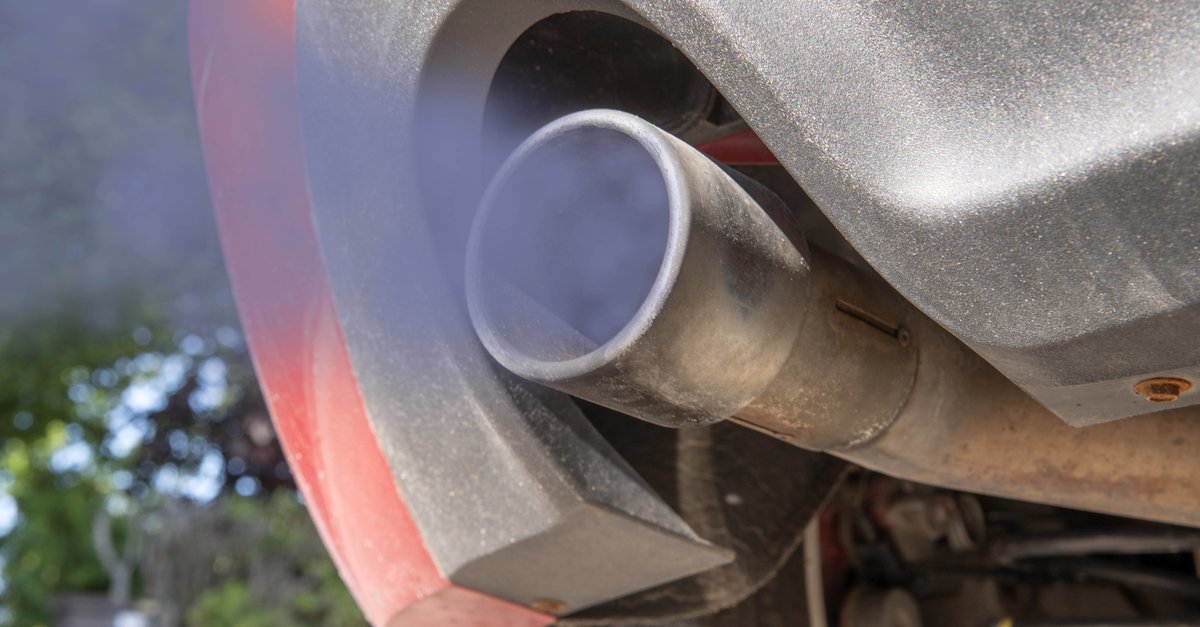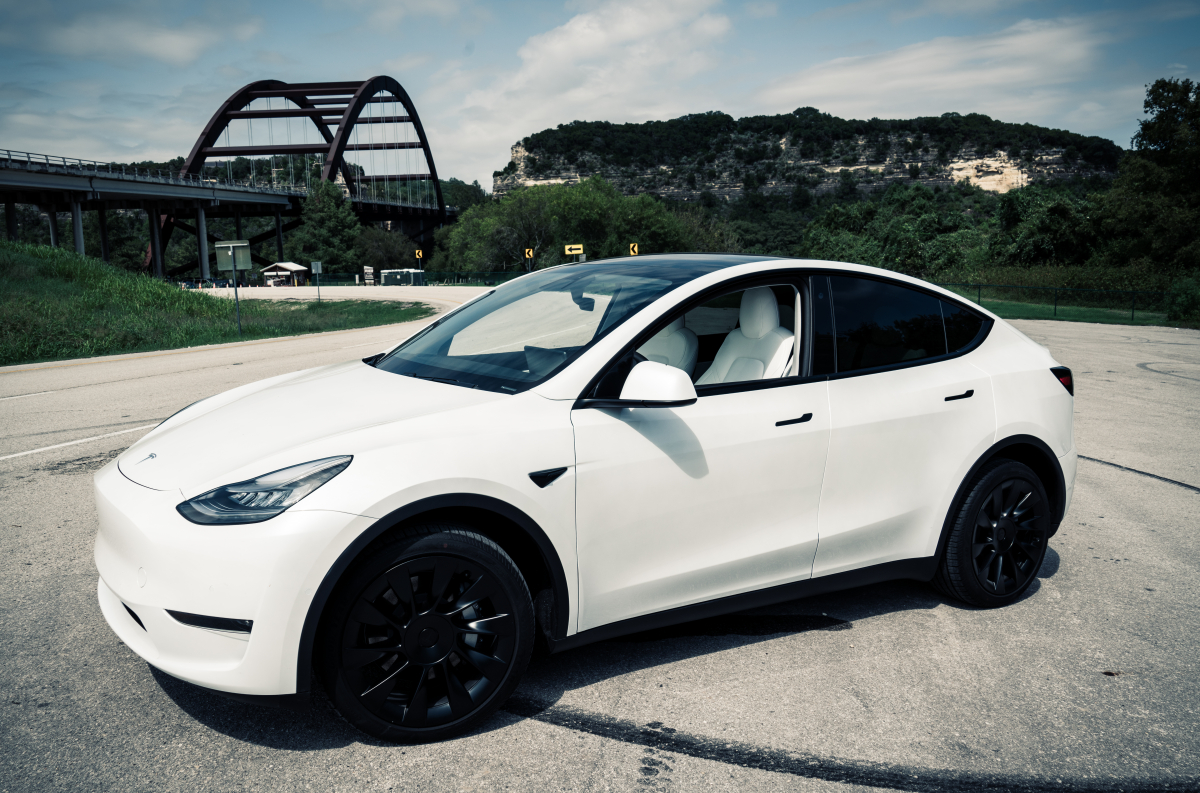Combustion engine off before the end? Germany on the wrong track
The end of combustion engines in the EU should have been a done deal long ago. But there is resistance in Germany, led by the Minister of Transport, who does not want to do without a fixed regulation for e-fuels. While Wissing was initially alone, the FDP man now has support from industry and Europe.
Wissing gets a tailwind: Manufacturers not fans of e-cars only?
Federal Transport Minister Volker Wissing is apparently not on such a deserted floor with his no to the combustion engine off as it seemed a few days ago. Wissing pressed ahead that Germany would not be able to agree to the ban on internal combustion engines from 2035 if the EU Commission did not include it in its draft Perspective for e-fuels consider. There was support for this from Italy and Poland, for example, but shortly thereafter also from Chancellor Olaf Scholz. And the car manufacturers?
Actually they had not interested in the intervention of politics. Audi boss Markus Duesmann, for example, fears a fatal impasse for the auto industry. VW CEO Oliver Blume had made it clear to Wissing’s party leader and Finance Minister Christian Lindner long before that At best, e-fuels only play a minor role for the industry for niche products. There is no longer a trace of the traditional support that the FDP enjoys from business.
Automaker: Industry needs openness to technology
But people don’t like to leave well-known, well-trodden paths: The European automobile manufacturers’ association ACEA has now made a vociferous statement against the definitive end of combustion engines placed. “Large-scale electrification is an important part of the solution we’re all working towards,” said ACEA President and Renault CEO Luca de Meo, but it’s not a one-size-fits-all solution. “The enemy is fossil energy, not a specific technology” (Source: ACEA).
In addition to Renault, members of the association also include other big names from the automotive industry, including the European branches of Hyundai, Toyota and Ford, as well as the three major German manufacturers Volkswagen, Mercedes and BMW. To a certain extent, de Meo now speaks for all of them when he says: “We notice that Europe is the only region where you can focus on a Prohibition of openness to technology as a pillar of the regulatory framework.”
The openness to technology instead of the e-car as the only option, which Wissing and the FDP as well as some manufacturers repeatedly invoked, is back on the table. Is that it? End of the end of the combustion engine sealed? Not at all, because the ACEA also emphasizes in its statement that the The EU’s climate targets continue to be irrevocable considered. You just don’t want to commit yourself to getting there or whether there is only one right person.
Internally, this attitude is apparently also supported by the German premium brands BMW and Mercedes. According to the Handelsblatt, both car manufacturers should no longer prioritize the combustion engine, but bmw about will continue to support platforms that Compatible with all drive types are. Mercedes, meanwhile, formulated the electric goal so openly from the outset that one could back down again.
Meanwhile, the competitive situation is not getting any easier. From China, manufacturer after manufacturer, a real wave of tough competitors is building up who want to conquer the European markets. But also old acquaintances like Hondaalso a member of ACEA, are giving up their reluctance to use e-cars – but without sawing off burners for it.
The automotive industry must pay particular attention to these Chinese manufacturers:
E-car change is faltering: Germany is going against the current
The Switch to e-mobility stands with all these negative signs in Germany at the moment not under a lucky star. Actually, 5,000 new electric vehicles would have to be registered per day – from now on – in order to still be able to achieve the target of the traffic light coalition of 15 million electric vehicles in 2030. Currently there are only fractions of it.
Mobility – something is happening: E-cars, electric bicycles, e-scooters, a successor to the 9-euro ticket on buses and trains – all of this moves us in two ways. And what has happened in terms of mobility?
At the same time, there are still obstacles in the way of future mobility: according to a current study, Leasing vehicles for e-mobility are becoming more and more of a burden. They account for a good 20 percent of new registrations. However, the leasing rates for e-cars are 69 percent higher than for combustion engines – and that’s on average, mind you. The leasing sector is thus slowing down the switch to electric cars considerably.
Whether from the economy, politics or the leasing market – there are currently a lot of signals coming from Germany to Europe that the E-car not the panacea is as many would like to see it. With its blocking attitude, German politicians are unlikely to make friends in many parts of the EU. What that could mean for the ramp-up of e-mobility in Europe in the long term, I don’t want to imagine too precisely at the moment. It would a quite a gloomy picture.



